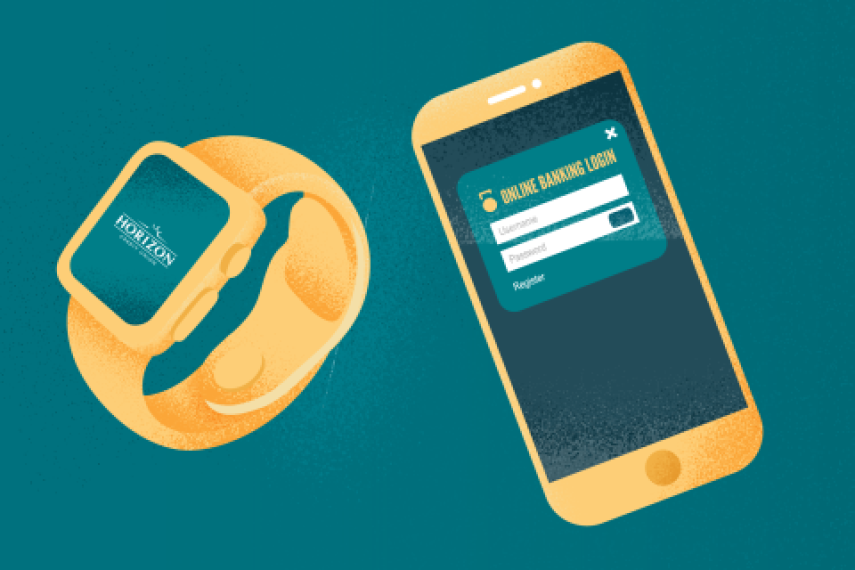
Mobile banking offers a convenient way for people to access their bank accounts and make transactions on the go. Mobile banking is typically safe when used correctly. That's because banks and credit unions use various security measures such as encryption and multi-factor authentication to protect your account information.
However, mobile banking users should still take precautions to avoid scams and prevent fraud. Follow the safety practices below to keep your money and information safe and secure.
Protect Your Personal Information
Protecting your personal information may seem obvious, but not being careful about your personal information is an easy vulnerability that scammers can exploit. However, protecting your personal information is simple if you follow these steps:
- Only download banking apps verified by your financial institution. Usually a bank will recommend their app on their website. A banking app found outside of your bank's website could be a way for perpetrators to steal your banking information. If you need clarification on whether an app is legitimate, contact your bank to confirm.
- Never share your login credentials or personal information with strangers. Legitimate financial institutions will not call, email or text you asking for personal information. This includes your social security number, date of birth and banking information. Do not share your information with people you have only met on the internet.
- Avoid accessing your mobile banking app on public Wi-Fi networks. These networks may not be secure and hackers can intercept your information. Instead, use your home Wi-Fi or cellular network in public.
- Always opt for two-factor or multi-factor authentication. Two-factor authentication requires a password or PIN and another layer of security, like email verification or text message, to further secure your account.
- Take additional steps to secure your mobile device. Enable a passcode or biometric authentication to prevent unauthorized access to your phone. Your phone is the first defense against scammers, so you should take steps to secure it. You should also keep your device's operating system and apps up-to-date to ensure they patch any security vulnerabilities.
Detecting and Responding to Fraud
Even with the best safety practices there is still a risk of fraud. Therefore, monitoring your accounts regularly and reporting any suspicious activity to your bank immediately is essential. Some signs of potential fraud include:
- Unfamiliar transactions on your account.
- Changes to your account information or login credentials that you did not initiate.
- Emails or text messages that ask for your personal information or login credentials.
- Receiving calls or messages from people claiming to be from your bank or other financial institutions asking for your personal information or login credentials.
If you notice any of these signs, contact your bank immediately to report the activity and take appropriate action. Your bank may be able to freeze your account or reverse unauthorized transactions to prevent further damage.
You can also take proactive steps to prevent fraud by enabling account alerts. For example, many banks offer alerts that can notify you of specific account activity, such as large transactions or changes to your account information. Also, many banks will inform you when someone has logged into an unfamiliar device. By setting up these alerts you can quickly detect any potential fraud and take action to prevent further damage.
Mobile Banking at Horizon
Did you know that Horizon offers a free mobile banking app for members? It's available in both the Google Play and App Store. Log in to the app with your online banking credentials to gain access to a full suite of money management and budgeting tools, easy bill pay, electronic statements and more! It's never been easier to take control of your money. Try the app today!
